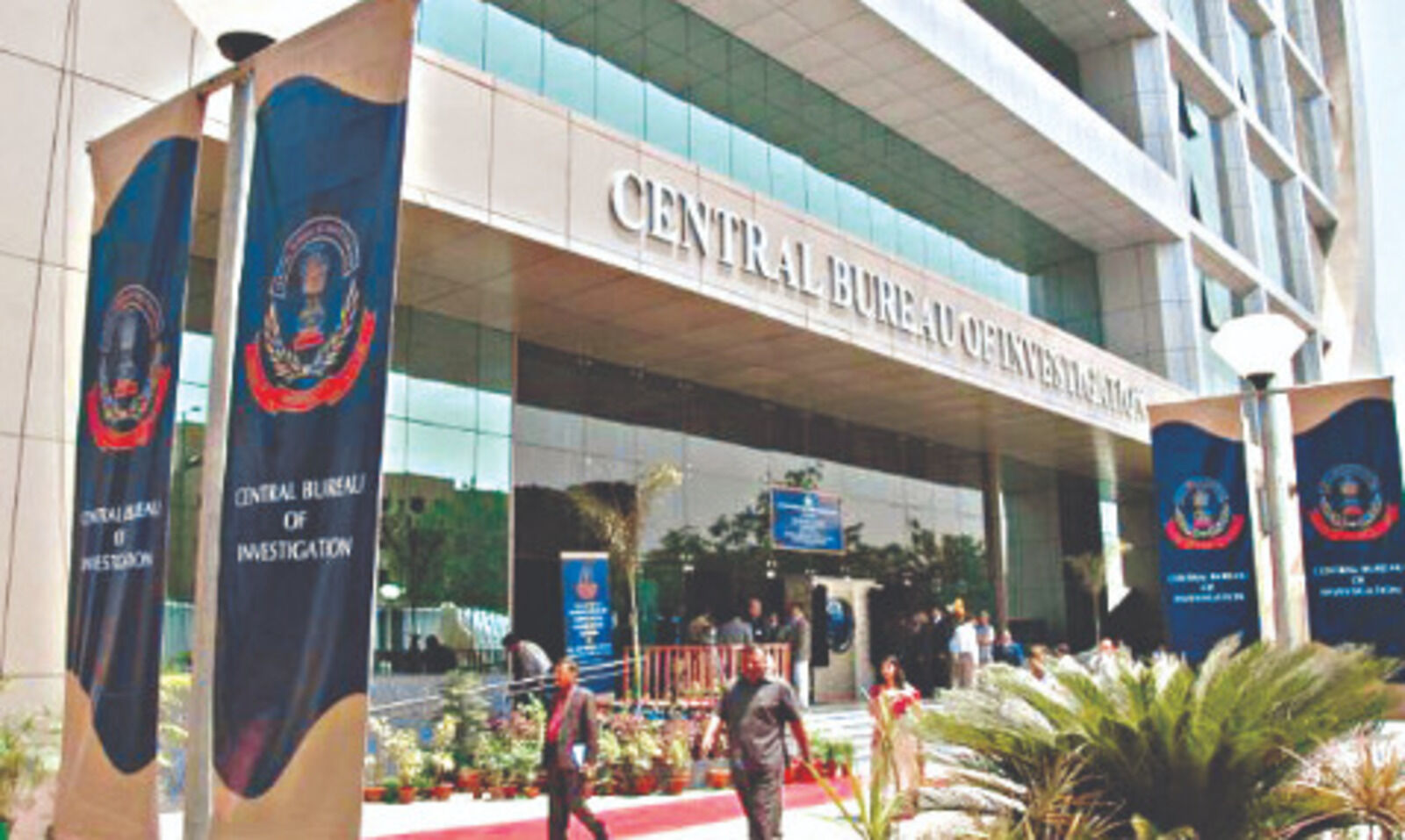
CURRENT AFFAIRS – 25/03/2023
SC to hear plea of Opp on ‘selective, targeted’ use of agencies CBI, ED
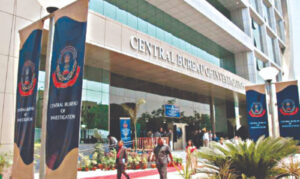
THE Supreme Court on Friday agreed to hear a plea by “14” Opposition parties alleging “selective and targeted” use of central probe agencies like the Central Bureau of Investigation (CBI) and Enforcement Directorate (ED) against their leaders.
Senior Advocate A M Singhvi mentioned the matter before a bench presided by Chief Justice of India D Y Chandrachud, who agreed to take it up on April 5. “I am asking for guidelines for the future. This is a remarkable convergence of 14 parties against the misuse of the agencies, both CBI and ED. Ninety-five per cent cases of the CBI and ED are against the leaders of Opposition,” Singhvi said.
Though a copy of the petition was not made available, sources said the petitioners include Congress, DMK, RJD, BRS, Trinamool Congress, AAP, NCP, Shiv Sena (UBT), JMM, JD(U), CPI(M), CPI, Samajwadi Party and J&K National Conference.
Citing data, sources said the plea was being filed in the light of an “alarming rise in the use of coercive criminal processes” against Opposition leaders and other citizens exercising their fundamental right to dissent and disagree with the Union Government.
Agencies like the CBI and ED are being increasingly deployed in a selective and targeted manner with a view to completely crush political dissent and upend the fundamental premises of a representative democracy, they said.
According to sources, in 2004-14, the CBI investigated 72 political leaders of whom 43 (under 60%) were from the Opposition. This has now risen to over 95%, they said. Similarly, while Opposition leaders accounted for 54 per cent of the total ED cases against politicians before 2014, the number has now gone up to 95%, they said.
GS Paper II: Why not same swiftness in reinstating me:HC paves way, Lakshadweep MP waits for return to Lok Sabha
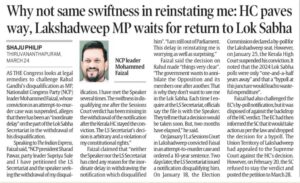
GS Paper II & III: LokSabha approves setting upof GST Appellate Tribunal
Lok Sabha on Friday cleared changes in the Finance Bill to pave the way for setting up of an appellate tribunal for resolution of disputes under GST.
Currently, taxpayers are filing writ petitions before high courts in the absence of the appellate tribunal.
As per the amendments proposed in the Finance Bill 2023, which was passed by Lok Sabha on Friday, benches of the GST Appellate Tribunal would be set up in every state while there will be a principal bench in Delhi which will hear appeals related to ‘place of supply’.
Even after more than five years of implementation of the Goods and Services Tax (GST), the appellate tribunal has not been set up. As a result, unresolved legal matters under GST have accumulated.
Nangia Andersen India’s Tanushree Roy, Director- Indirect Tax, said establishment of the appellate tribunal would result in lower burden on high courts, Supreme Court and at the same time, would also provide taxpayers the much needed reprieve.
GS 50 years of Project Tiger: India considers translocating a few big cats to Cambodia
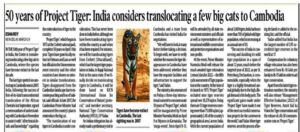
GS Paper II: Membership of banned outfit is crime under UAPA, saya SC
the Supreme Court has set aside a series of its own judgments which had concluded that “mere membership” — unlike “active membership” — of an unlawful association or organisation did not make a person a criminal or a terrorist.
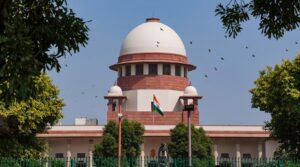
A three-judge Bench of the Supreme Court on Friday clarified that a person who “is or continues to be” even a “mere member” of a banned organisation is liable to be found criminally liable under the draconian Unlawful Activities Prevention Act (UAPA) for acting against the sovereignty and integrity of India.
With this judgment, the Supreme Court has set aside a series of its own judgments which had concluded that “mere membership” – unlike “active membership” – of an unlawful association or organisation did not make a person a criminal or a terrorist. The judgment, on Friday, was based on an intra-court reference made in 2014.
The Bench led by Justice M.R. Shah, who wrote the judgment, was lauded by Solicitor General Tushar Mehta, representing the Centre, in the courtroom for the “historical” verdict.
“Immensely grateful to Your Lordships for this really historical judgment to protect the sovereignty of our country,” Mr. Mehta said immediately after the pronouncement of the judgment.
Justice Shah reasoned that an organisation is declared unlawful and banned only after the Centre is “satisfied that it is indulging in unlawful activities against the sovereignty and integrity of India”.
The declaration of an organisation or association as unlawful is publicly notified by the Centre under Section 3 of the UAPA. This naturally leads to the conclusion that every member of the organisation would know about the ban, the court reasoned.
But a person choosing to continue as a member despite knowing about the ban is acting against the sovereignty of the nation, the court noted.
“It shows a conscious decision to remain a member despite the association being declared unlawful,” Justice Shah observed.
Such a person cannot later claim that the law has a chilling effect on his fundamental right of association by imposing criminal liability on him, Justice Shah explained.
The judgment referred to Section 10(a)(i) of the UAPA which deals with membership of an unlawful association. The provision says that “where an association is declared unlawful by a notification issued under Section 3 which has become effective under sub-section (3) of that section,—(a) a person, who—(i) is and continues to be a member of such association shall be punishable with imprisonment for a term which may extend to two years, and shall also be liable to fine”.
The court clarified that persons who had left the organisation and were not members at the time it was declared unlawful, cannot be held liable under Section 10(a)(i) of the UAPA.
The court said Section 10(a)(i) was fully consonant with the objective of the UAPA to effectively prevent terrorism and unlawful activities.
“To punish a person who is a member of such an unlawful association is in furtherance of the objective of effective prevention of unlawful incidents,” Justice Shah observed.
Section 10(a)(i), framed in the wisdom of the Parliament, did not hurt citizens’ right to form associations or unions, which is part of the fundamental right to free speech. It was a reasonable restriction to protect the nation. Fundamental rights are not absolute, the court said.
The court referred to Article 19(4), which mandated that the citizens’ right to form unions or associations was subject to the power of the state to make laws to impose “reasonable restrictions” in the interests of the sovereignty and integrity of India or public order or morality.
The three-judge Bench said the earlier judgments in the cases of Arup Bhuyan, Sri Indra Das and Raneef, which had “read down” Section 10(a)(i) to exclude mere membership of an organisation from criminal liability, followed the American law blindly.
These judgments had not heeded the restraints stitched into Article 19(4) on the right of citizens to form associations and unions.“Just following American law without noticing the differences between Indian and U.S. laws is not agreeable,” Justice Shah said.